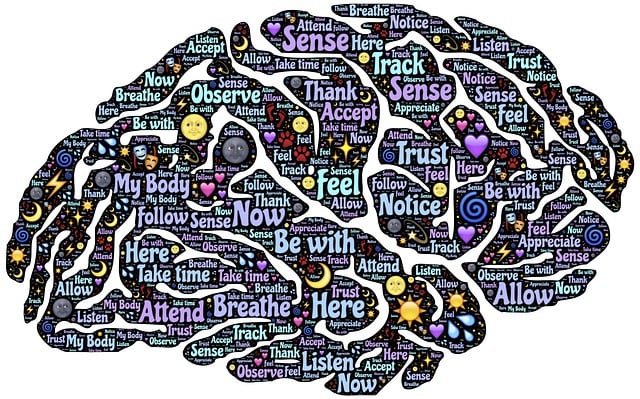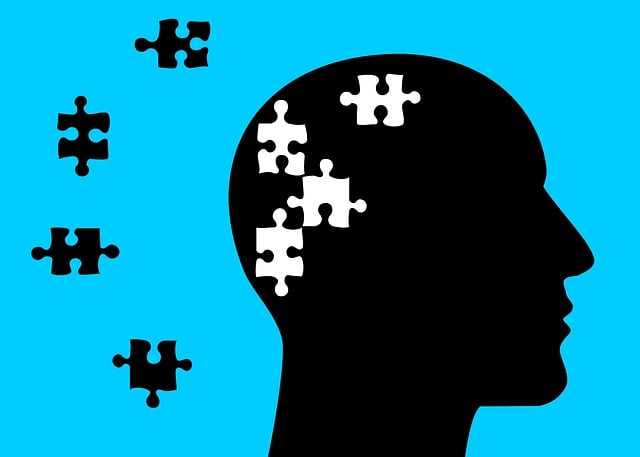Utilizing mental health data is crucial for enhancing Centennial Pain Management Therapy (CPMT). Through gathering diverse information from patient records and assessments, analysts can reveal trends like anxiety levels across demographics. After meticulous cleaning and normalization, this data enables evidence-based decisions, such as creating targeted workshops for Anxiety Relief and Stress Management. Advanced analytics techniques, including machine learning models, offer deeper insights into therapy effectiveness and personalized coping strategies. By analyzing correlations between CPMT, social interactions, and emotional responses over time, professionals can validate treatment outcomes and inform tailored interventions, ultimately advancing CPMT practices and patient care.
Mental health data analysis has emerged as a powerful tool, offering profound insights into complex human experiences. This article explores the process of understanding, interpreting, and leveraging mental health data for improved care, focusing on the application in Centennial Pain Management Therapy. We delve into data collection, advanced analytics techniques, result interpretation, and how these steps contribute to developing more effective treatment strategies, ultimately enhancing patient outcomes in pain management.
- Understanding Mental Health Data: Collection and Preparation
- Advanced Analytics Techniques for Insights
- Interpreting Results: Identifying Patterns and Trends
- Applying Findings in Centennial Pain Management Therapy
Understanding Mental Health Data: Collection and Preparation

Understanding Mental Health Data is a crucial step in ensuring effective Centennial Pain Management Therapy. The collection process involves gathering diverse data points from various sources like patient records, surveys, and clinical assessments. This comprehensive approach captures not just symptoms but also environmental factors contributing to mental health issues, including stress levels, social support, and lifestyle choices. Accurate data collection is only the first half of the equation; preparation is equally vital. Cleaning and normalizing the data involves handling missing values, identifying outliers, and transforming variables for consistent analysis. This meticulous process guarantees that the data accurately reflects the population’s mental health landscape, enabling evidence-based decisions.
The prepared data then serves as a foundation for in-depth analysis, allowing researchers and therapists to identify patterns and trends in mental health conditions. For instance, analyzing survey responses can reveal prevalent anxiety levels within different demographics, guiding the development of tailored Anxiety Relief and Stress Management Workshops by organizations focused on Mental Health Awareness. By understanding the nuances embedded in the data, therapists can design more personalized treatment plans, ultimately enhancing the effectiveness of Centennial Pain Management Therapy.
Advanced Analytics Techniques for Insights

In the realm of mental health data analysis, advanced analytics techniques are revolutionizing the way we understand and address psychological well-being. By employing sophisticated algorithms and machine learning models, healthcare professionals can now uncover intricate patterns and insights from vast datasets. This innovative approach enables a more nuanced understanding of mental wellness, going beyond basic demographics to reveal hidden correlations between various factors, such as age, socio-economic status, and even cultural backgrounds. For instance, leveraging these techniques can shed light on the effectiveness of specific therapies, like Centennial Pain Management Therapy, in diverse populations, tailoring treatments accordingly.
The integration of advanced analytics also facilitates the development of personalized coping strategies through the analysis of patient journeys and responses to different interventions. This data-driven perspective not only enhances the precision of mental wellness journaling exercises but also guides clinical decision-making. Moreover, considering cultural sensitivity in mental healthcare practice becomes more accessible with these tools, ensuring that guidance is culturally appropriate and effective for all individuals seeking support, regardless of their background.
Interpreting Results: Identifying Patterns and Trends

Interpreting the results of mental health data analysis is a crucial step in understanding the nuances of an individual’s or population’s emotional landscape. By applying the Mind Over Matter principles, professionals can identify recurring patterns and trends within the collected information. This involves examining statistical correlations between various factors such as therapy types (including Centennial Pain Management Therapy), social interactions, and emotional responses over time. For instance, analyzing pre- and post-therapy assessments can reveal significant improvements in pain management and overall well-being, providing tangible evidence for the effectiveness of specific treatment approaches.
Through this process, professionals can uncover valuable insights into what works best for different individuals, groups, or communities. Identifying trends in Emotional Well-being Promotion Techniques may lead to the development of more targeted interventions, tailored to address unique challenges. Moreover, Social Skills Training could emerge as a key component in fostering positive outcomes when integrated with other therapeutic methods, ultimately enhancing the overall mental health ecosystem.
Applying Findings in Centennial Pain Management Therapy

The findings from mental health data analysis play a pivotal role in enhancing Centennial Pain Management Therapy (CPMT). By interpreting trends and patterns within patient populations, therapists can tailor their approaches to address specific pain points more effectively. This evidence-based strategy not only improves individual outcomes but also contributes to the overall evolution of CPMT practices. For instance, identifying prevalent mental health conditions comorbid with chronic pain can guide therapists in integrating specialized interventions, such as cognitive behavioral therapy (CBT), into treatment plans.
Integrating insights from data analysis into clinical settings extends beyond direct patient care. It influences strategic planning for mental health professionals through improved risk management. The ability to anticipate potential challenges and implement proactive measures contributes to a safer and more supportive work environment. Furthermore, these analytical tools can inform the development of Mental Wellness Podcast Series Production, offering valuable content based on current research and real-world applications. Additionally, Conflict Resolution Techniques may be enhanced by data-driven insights, ensuring more efficient and effective handling of interpersonal conflicts within healthcare settings.
Mental health data analysis offers a powerful tool for improving patient care, particularly in areas like Centennial Pain Management Therapy. By understanding and interpreting complex datasets, healthcare professionals can identify patterns, trends, and valuable insights that drive evidence-based practices. Advanced analytics techniques enable us to navigate the intricate landscape of mental health, fostering more effective treatments and enhancing overall well-being. This comprehensive approach, combining data collection, analysis, and interpretation, is key to unlocking transformative solutions in pain management and beyond.












